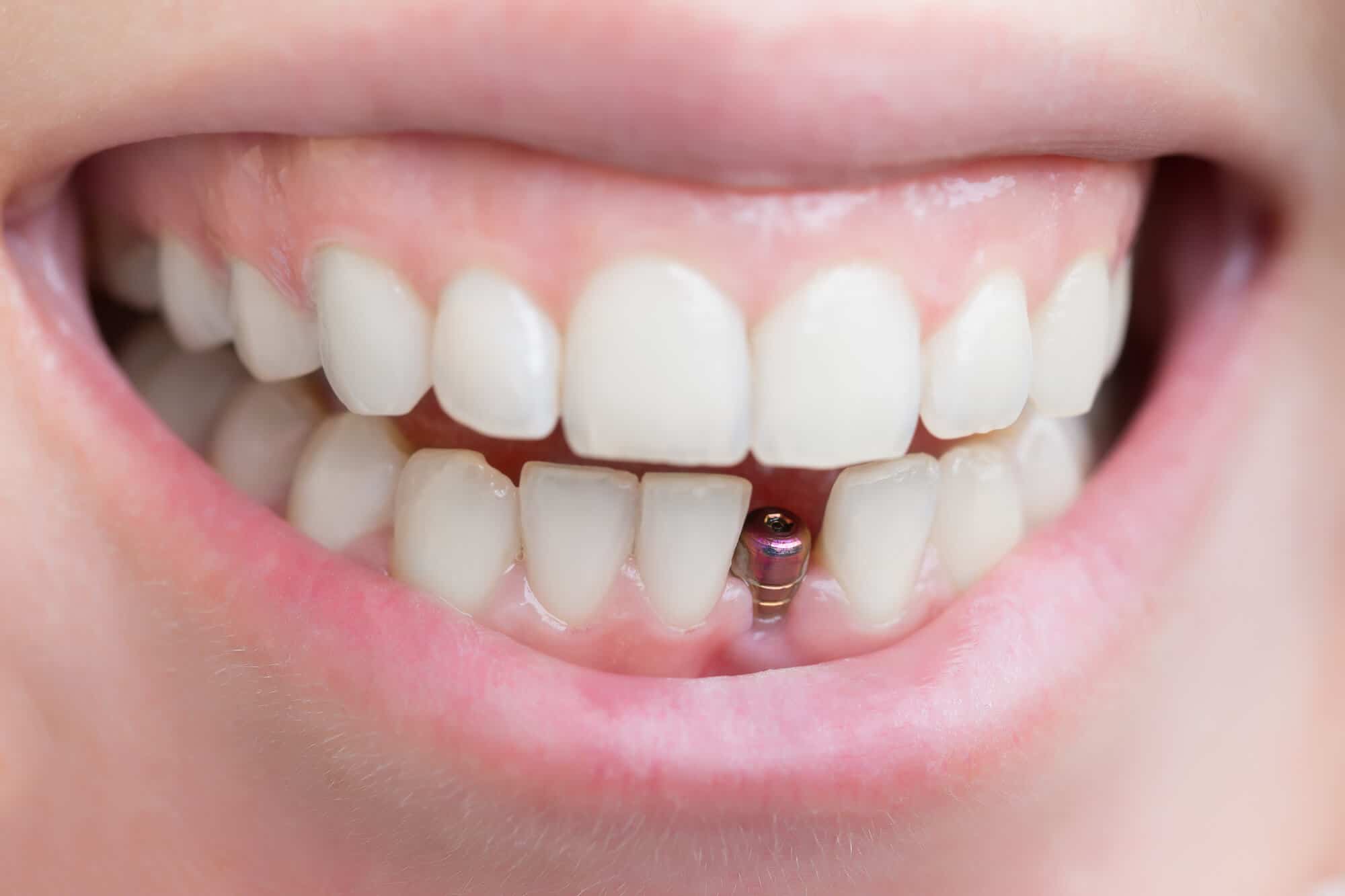


Dental implants have become a popular and effective solution
Dental implants have become a popular and effective solution for replacing missing teeth, offering a durable, long-lasting alternative to traditional dentures or bridges. Whether due to tooth decay, gum disease, or injury, losing a tooth can affect both the function and appearance of your smile. Dental implants provide a way to restore both.
Dental implants are artificial tooth roots made of biocompatible materials like titanium, which are surgically placed into the jawbone. Over time, they fuse with the bone through a process called osseointegration, providing a stable foundation for a replacement tooth (crown), bridge, or denture.
A dental implant typically consists of three parts:
Dental implants offer numerous advantages, including:
Implants mimic the appearance and function of natural teeth, blending seamlessly with your existing teeth. They provide a comfortable and secure fit, unlike removable dentures, which can shift or cause discomfort.
With proper care, dental implants can last a lifetime. They are made of strong, durable materials that withstand daily use without requiring frequent replacements like dentures or bridges.
Unlike traditional bridges, which may require the reduction of adjacent teeth, dental implants do not affect neighboring teeth. They also help maintain the integrity of the jawbone by preventing bone loss, which commonly occurs after tooth loss.
There are different types of dental implants depending on the needs of the patient:
Endosteal implants are the most common type. These implants are surgically placed directly into the jawbone. Once the surrounding gum tissue has healed, a second surgery connects the implant to the post, which will eventually support the artificial tooth.
These implants are placed on top of the jawbone but beneath the gum tissue. They are used when the patient does not have enough healthy bone for endosteal implants and is not a candidate for bone grafting.
This technique uses four implants to support an entire set of upper or lower teeth. It’s a cost-effective solution for people who have lost all their teeth and don’t want removable dentures.
The process of getting dental implants involves several steps and may take a few months, depending on your oral health and healing time.
Your dentist or oral surgeon will evaluate your mouth, take X-rays, and create a treatment plan. This is the time to discuss your medical history, current medications, and any pre-existing health conditions that could affect the procedure.
If the damaged tooth is still present, it will be extracted before the implant can be placed. Sometimes, an implant can be placed on the same day as the extraction.
For patients with insufficient jawbone density, a bone graft may be required to strengthen the implant site. This step adds a few months to the process, as the graft must heal before the implant can be placed.
Recovery from dental implant surgery varies depending on the complexity of the procedure and your body’s healing ability. Here are a few tips to help with recovery:
While complications from dental implants are rare, you should notify your dentist immediately if you experience persistent pain, swelling, or infection after the surgery.
Dental implants may be a suitable option if you:
Dental implants provide a modern, reliable solution for tooth loss, offering a permanent way to restore your smile and improve your oral health. While the procedure requires a time investment, the long-term benefits far outweigh the costs and temporary discomfort. By following proper care and maintenance, dental implants can last a lifetime, giving you back the function and appearance of natural teeth.
You Might Also Like: Proven Digital Marketing
